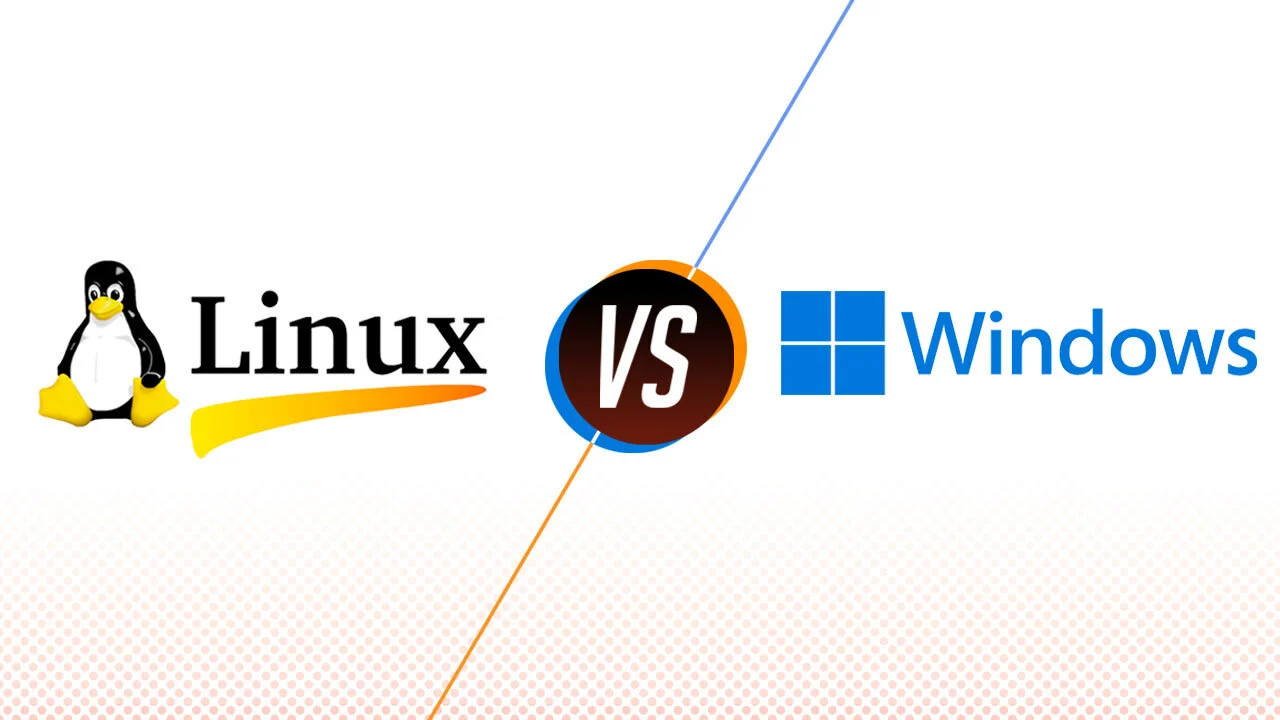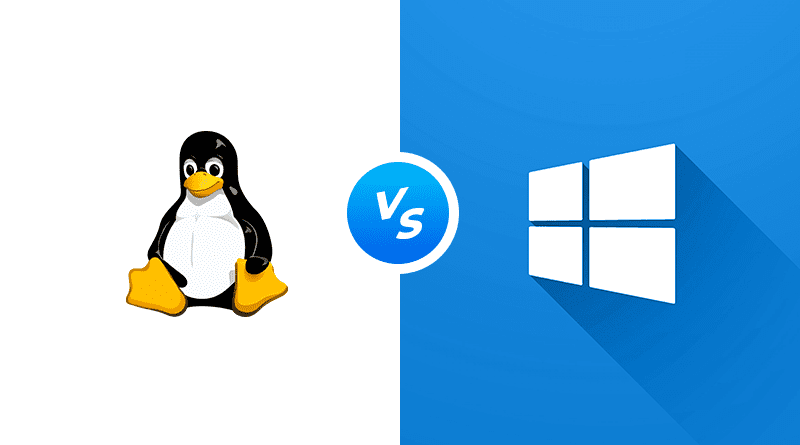Choosing between Linux and Windows hosting is a crucial decision that impacts the performance, compatibility, and management of your website. Each hosting environment has its own strengths and is suited to different types of applications and user needs. This guide provides an overview of both options to help you make an informed choice.

Understanding Linux Hosting
Linux hosting is known for its stability, security, and open-source nature. It is based on the Linux operating system and is compatible with a wide range of programming languages and technologies.
One of the primary advantages of Linux hosting is its cost-effectiveness. Since Linux is open-source, it is free to use, which often translates to lower hosting costs. This makes it an attractive option for budget-conscious users. Additionally, Linux hosting supports popular programming languages such as PHP, Perl, and Python, and is commonly used with open-source databases like MySQL.
Another benefit of Linux hosting is its robust security features. The Linux operating system is known for its strong security measures, including regular updates and patches. Additionally, many Linux hosting providers offer built-in security features such as firewalls and malware protection.
However, Linux hosting may not be suitable for all applications. It is less compatible with software developed specifically for Windows, such as ASP.NET applications. If your website relies on Windows-specific technologies, Linux hosting might not meet your needs.
Exploring Windows Hosting
Windows hosting is based on the Windows operating system and is designed to support Microsoft technologies and software. It is particularly well-suited for applications that require Windows-specific features or frameworks.
One of the main advantages of Windows hosting is its compatibility with Microsoft technologies, such as ASP.NET and MS SQL Server. If your website or application relies on these technologies, Windows hosting provides seamless integration and support. Additionally, Windows hosting often comes with user-friendly interfaces like the Windows Control Panel, which can simplify server management.
Windows hosting is also known for its strong support for enterprise-level applications. If your website or application requires integration with other Microsoft products or services, such as Exchange Server or SharePoint, Windows hosting is often the better choice.
On the downside, Windows hosting tends to be more expensive than Linux hosting. This is partly due to licensing fees for the Windows operating system and other Microsoft software. Additionally, Windows hosting may not offer the same level of open-source software compatibility as Linux hosting.
Key Considerations for Choosing
When deciding between Linux and Windows hosting, consider the following factors:
1. Technology Requirements: Evaluate the technologies and programming languages required for your website or application. If you rely on open-source technologies like PHP or MySQL, Linux hosting is a natural fit. Conversely, if you use Microsoft technologies like ASP.NET or MS SQL Server, Windows hosting is more suitable.
2. Budget: Consider your budget for hosting. Linux hosting is generally more cost-effective due to its open-source nature, while Windows hosting may come with higher costs due to licensing fees.
3. Support Needs: Assess your support needs and technical expertise. If you prefer a user-friendly interface and support for Microsoft products, Windows hosting may be advantageous. If you have experience with Linux systems and require open-source software, Linux hosting could be the better choice.
4. Security: Both Linux and Windows hosting offer strong security features, but the choice may depend on your specific security requirements. Linux hosting is known for its robust security measures, while Windows hosting provides security features tailored to Microsoft technologies.
5. Future Growth: Consider the potential growth of your website or application. Ensure that your chosen hosting environment can scale with your needs and accommodate any future technology changes.
Conclusion
Choosing between Linux and Windows hosting depends on your specific requirements, including technology needs, budget, and support preferences. Linux hosting offers cost-effectiveness, stability, and support for open-source technologies, while Windows hosting provides compatibility with Microsoft technologies and enterprise-level applications. By carefully evaluating your needs and considering the factors outlined above, you can make an informed decision that best aligns with your website’s goals and requirements.




